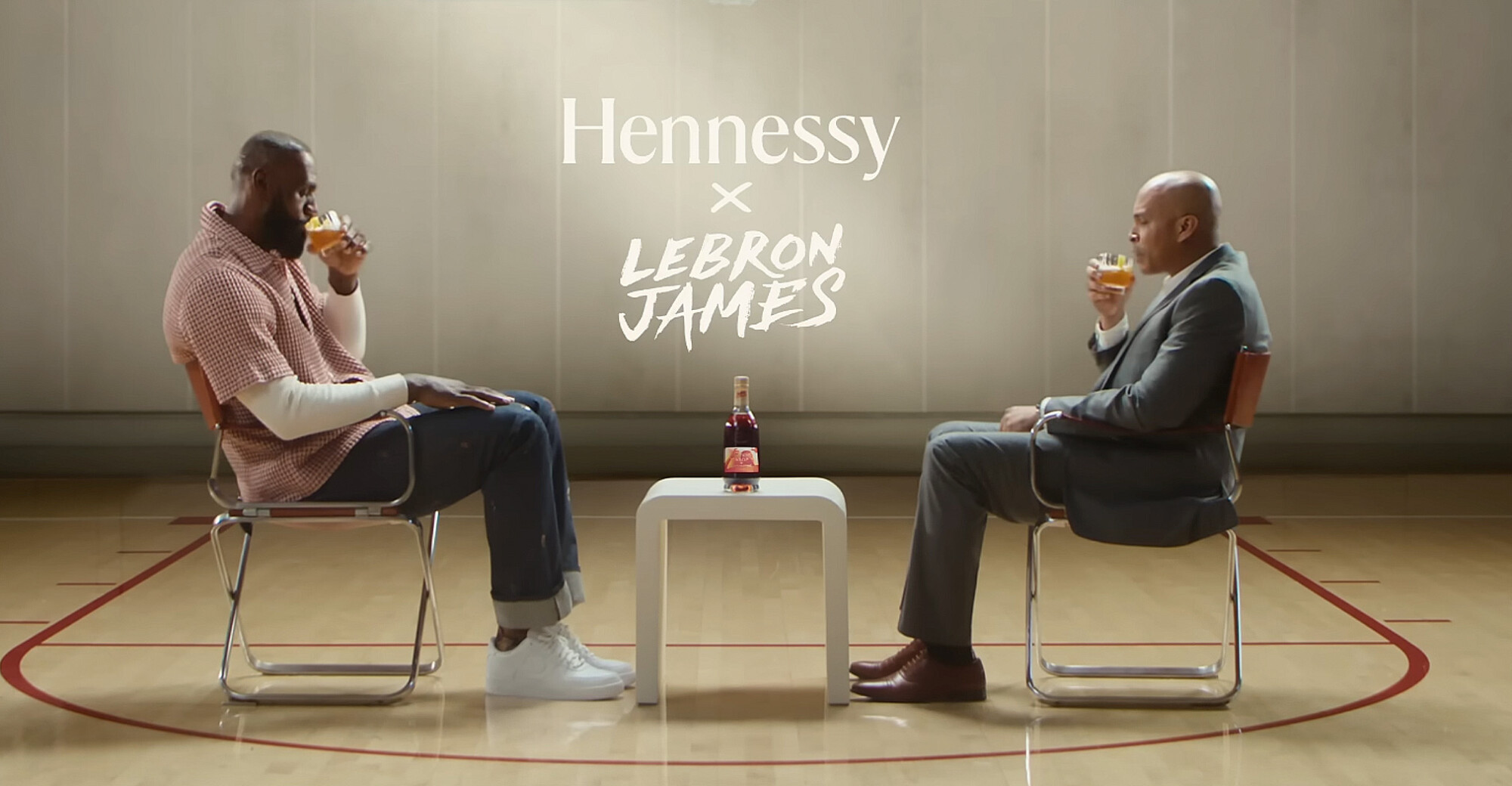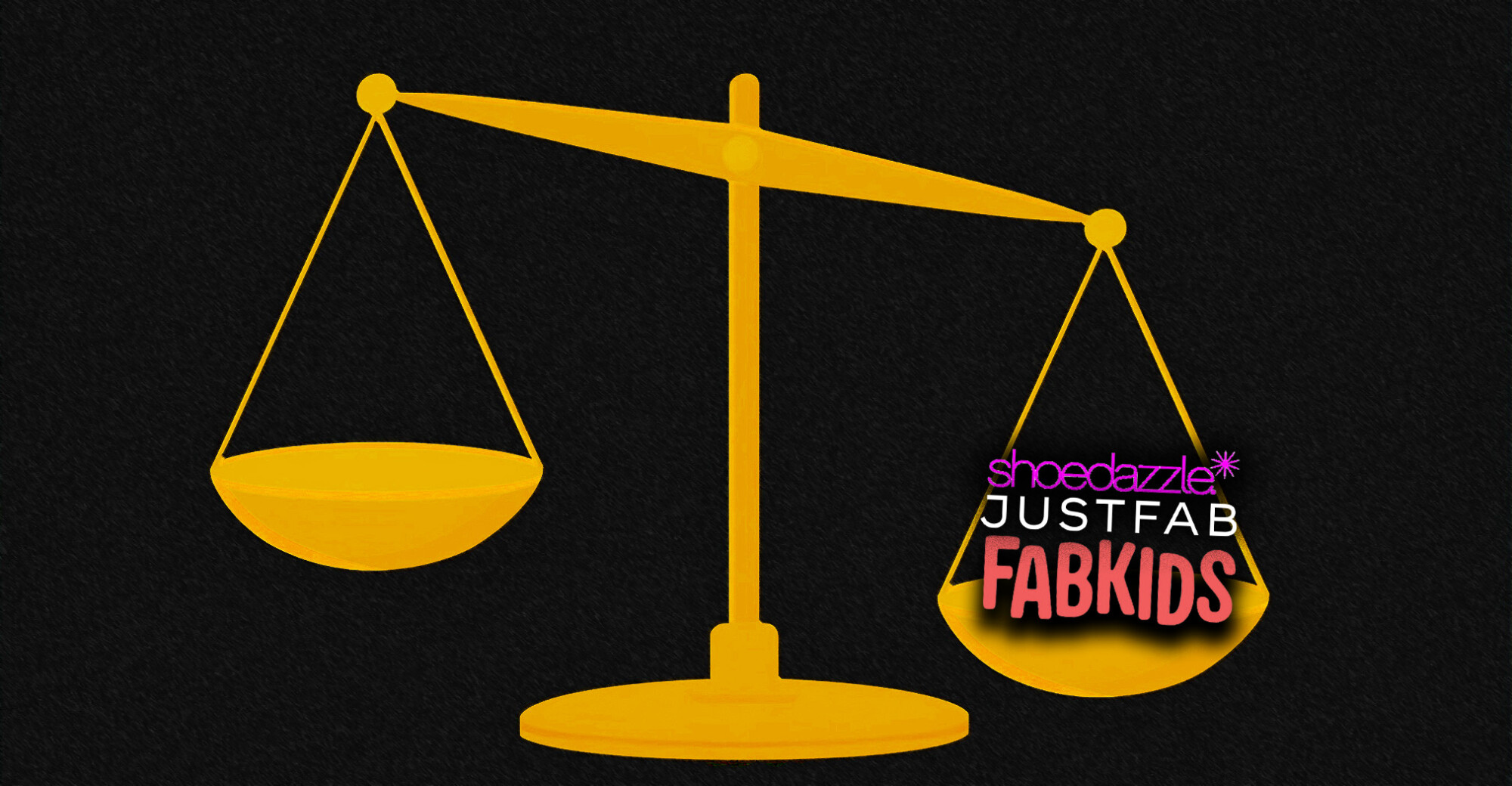
AriZona Blueberry White Tea: ‘100% Natural White Tea’
Be wary of “natural” claims.
May 2014: Plaintiffs voluntarily dismissed the lawsuit with prejudice, meaning that plaintiffs cannot refile the complaint. We cannot determine why plaintiffs dismissed the lawsuit.
January 2014: A class-action lawsuit was filed against Facebook for allegedly representing that its users endorse companies or products without the users’ knowledge, consent, and, in some cases, actual endorsement. Specifically, the named plaintiff alleges that Facebook sponsored an advertisement representing that he “liked” USA Today newspaper when he had never actually clicked the “Like” button for that paper. (DiTirro et al v. Facebook, Inc., Case No. 14-cv-00132, N. D. CA.).
For more information about other class-action lawsuits filed against Facebook and TINA.org’s coverage of the company, click here.
Be wary of “natural” claims.
Lawsuits throw the red flag on a number of DFS platforms.
This is not a sitewide perk.
These players dropped the ball in their recent offseason announcements.
Refunds for consumers duped into signing up for “VIP” memberships.



